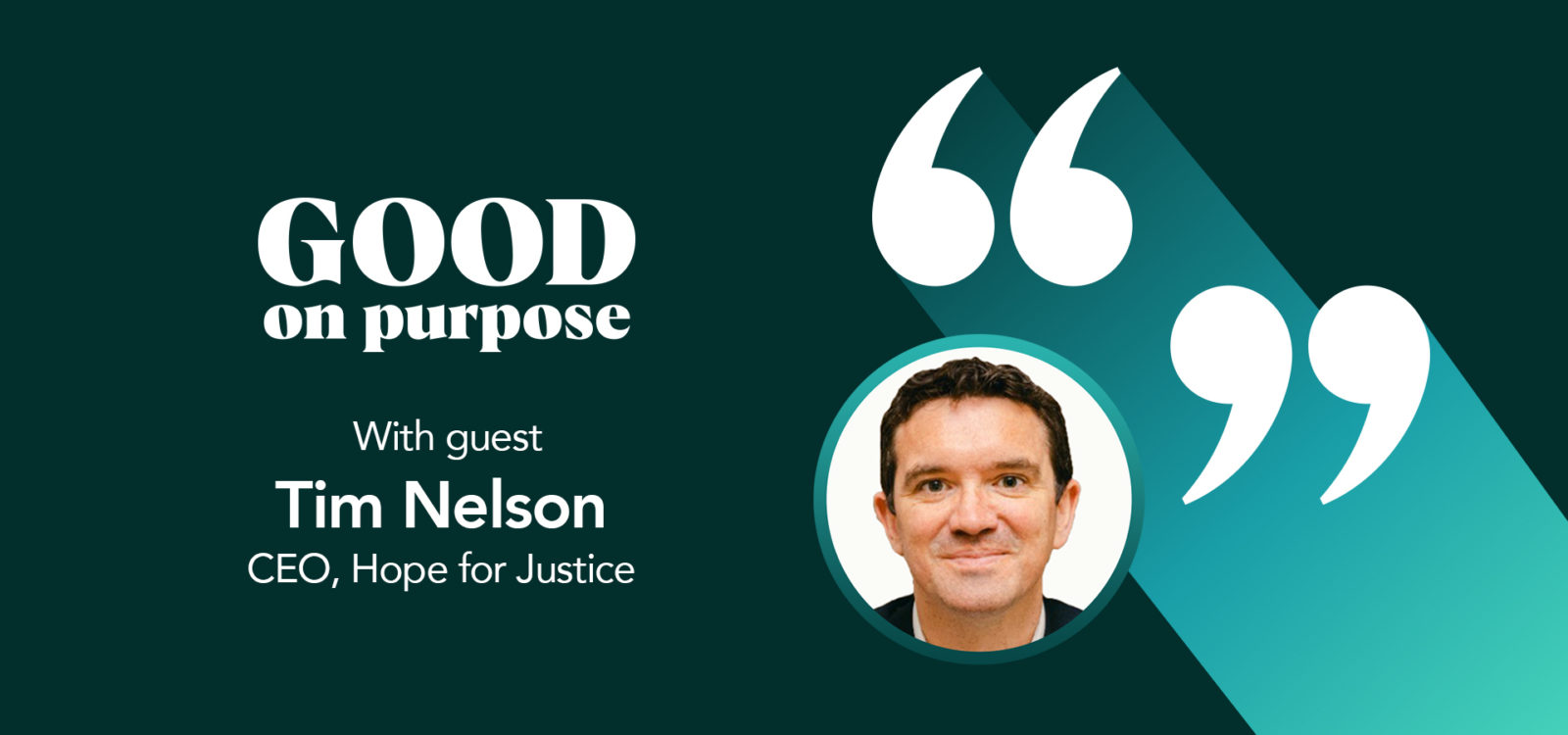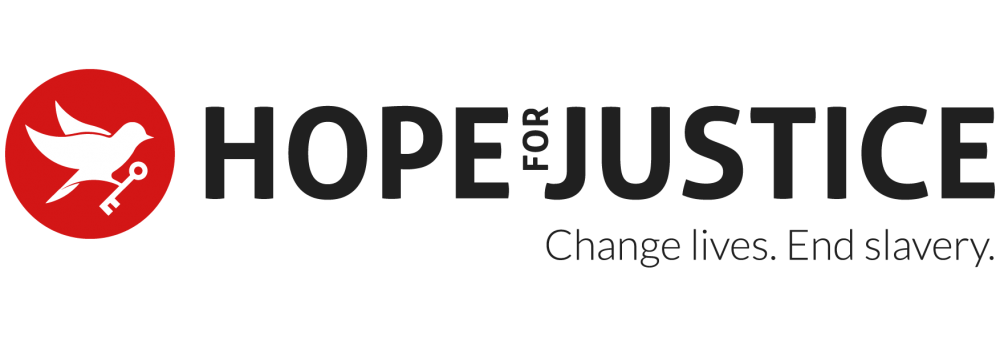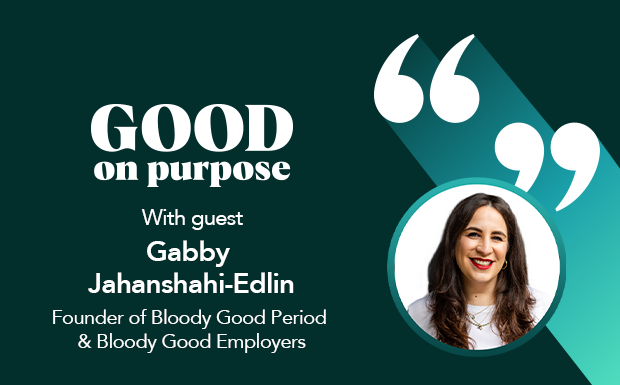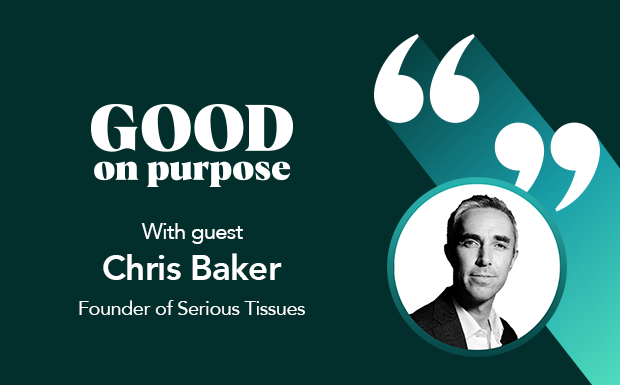
Tim Nelson on: Ending Modern Day Slavery
This episode covers the sensitive topic of modern-day slavery in all its forms.
This episode features Tim Nelson, CEO of Hope for Justice, a global organisation set up in 2008 dedicated to bringing an end to modern-day slavery. With over four million people currently being enslaved, we need to see urgent change. Hope for Justice helps to prevent exploitation, rescue victims, restore lives, and ultimately, aims to reform society.
If you’ve been affected by a crime relating to any of the issues, you’d like to learn more about modern-day slavery, or you’d like to receive support, you can contact hope for justice at: www.hopeforjustice.org
How does ‘Hope for Justice’ go about intervention?
You need to have a very professional approach to intervention. A typical scenario is that [we] have an individual held against their will, forced to work in a brothel, factory, or agricultural setting. The criminals will have a sophisticated network to ensure that person keeps delivering financially for them. If we don’t rescue someone properly, we’re just interrupting a trafficker’s day. What we want to be able to do is collect evidence, and work with local law enforcement and police to bring down entire networks. It’s only at that level that we stop it from happening, rather than rescuing one person who will very quickly just be replaced. Then, we’ve done more harm because we’ve seen more individuals affected. If you look at the scale of the problem, the estimates are that there’s $150 billion generated by this [i.e. modern day slavery], the second largest criminal enterprise in the world after drug trafficking. The reality of the scale of how many people are held enslaved is currently 40.3 million, and of that, 1.2 million are children.
Companies need to clean up their supply chain
I think businesses sit within three core categories—businesses that don’t want to do anything. Some businesses considering doing something about it, but quite often, needing someone within the procurement or legal division to get engaged and to drive change within the business. And then there are those businesses, which I call the thought leaders. Those who want to do the right thing [and who] are putting in place suitable robust systems to ensure that modern-day slavery doesn’t exist in any part of their business.
What makes a business good or bad is not whether they’ve got some form of modern-day slavery within their supply chains. It’s whether they’re prepared to look, and what they will do when they find it. The sad reality is that too many of the businesses sit in the first category, where they’re not prepared to do anything. They see it as a cost to the company rather than something that would be a benefit to their business to ensure that people were not held enslaved because of them.
How current economic pressures in society are making the problem worse.
We’ve sadly seen the impact of COVID 19, Brexit and the war in Ukraine; there is a real sense of rising costs. It’s to a level that most people are struggling to some extent. The impact on food prices, even just between now and the middle of next year, are estimated to go up by an extra 30%-50%, not just in the UK but internationally. It creates significant problems for families to get the basics, feed their families, and pay for somewhere to live. If a person is placed into a scenario where they don’t think they can afford those and can’t see another way, it puts them in a very vulnerable situation. It’s in that scenario that people are prone to exploitation. Someone can come in and offer them some additional work on the side or and ask them to do something that they, more readily, wouldn’t do. That’s where things like sexual exploitation can thrive.
An optimistic view of the future
More people are enslaved now than at any point in human history, which tells me we’ve got a significant problem. However, I think we will see technology being used at an unprecedented level in the next three to five years to help us find and help rescue individuals.
The UN Sustainable Development Goal 8.7 is that by 2030, businesses will see an end to slavery in their supply chain. With this legislation tsunami coming, companies will shift their supply chain.
The scenarios we see now are dark. I think it’s incumbent upon us to punch holes in the darkness to bring light to everything we see. That’s where I can see through legislation, through a reformation of business, through culture changing, that we will see the shift over time.
I have an optimistic lens. I see people coming together with the power to change society in a way that can stop people from being enslaved. I’m prepared to give everything I have in my lifetime to see an end to this. And I think if we can bring that wave of change, we can stop modern-day slavery.



